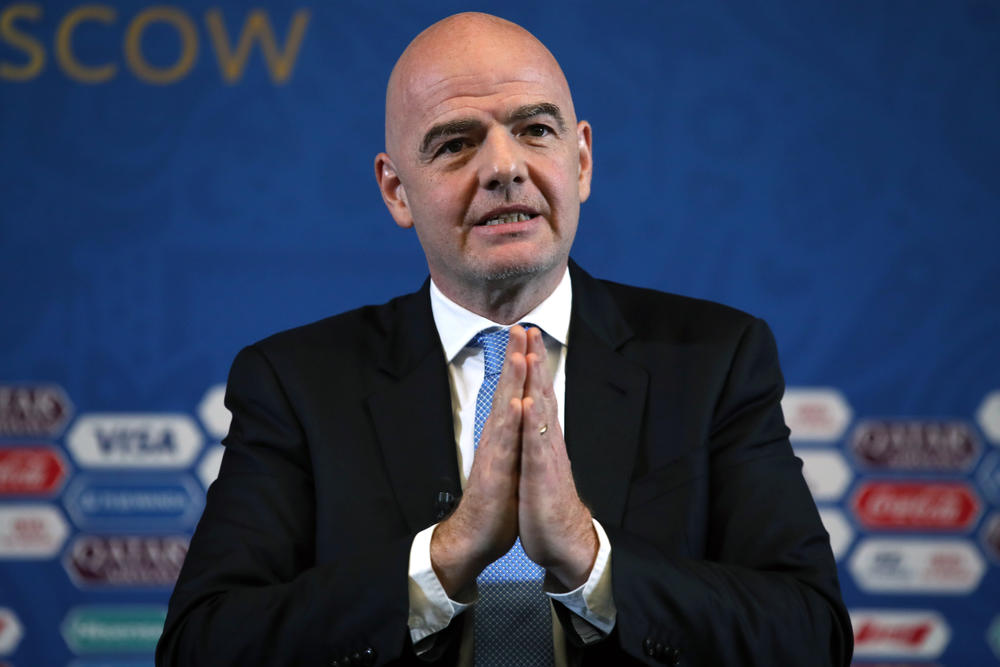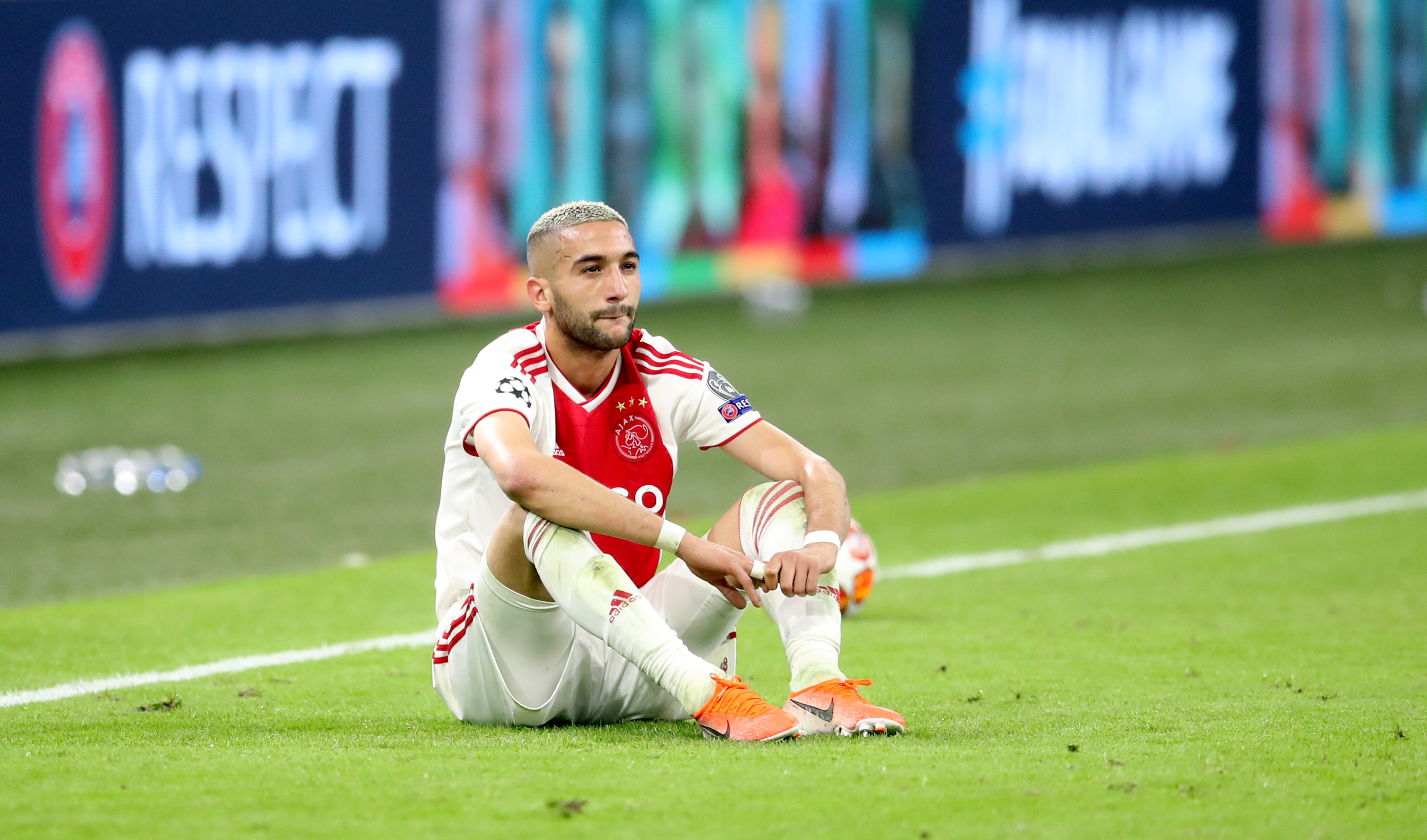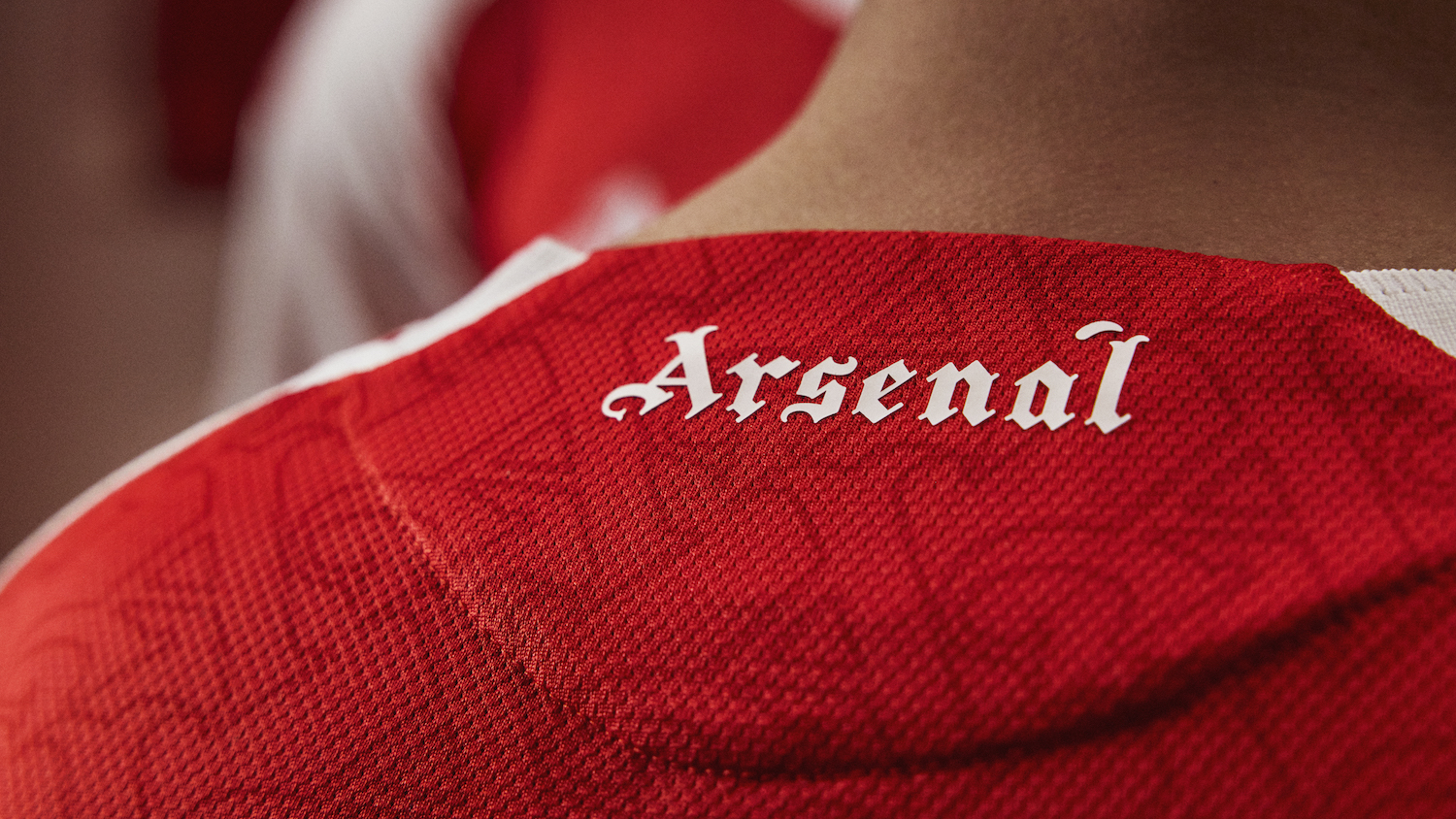FIFA allows transfer window movement and extension to contracts

FIFA has approved the extension of player contracts until seasons are able to finish and the movement of transfer windows in response the coronavirus pandemic.
With football brought to a shuddering halt by Covid-19, the sport’s world governing body has been consulting with different stakeholders through a task force chaired by FIFA vice-president Vittorio Montagliani.
Clubs, players, leagues, national associations and confederations were all represented on the task force led by the chairman of the FIFA Football Stakeholders Committee, working on recommendations and guidelines to address practical issues brought about by the coronavirus crisis.
The Bureau of the FIFA Council endorsed a set of principles unanimously agreed upon by the task force on Tuesday, with contracts and transfer windows key topics.
FIFA guidelines to address legal consequences of COVID-19: https://t.co/0Nk627K42Gpic.twitter.com/VEk91vP1mx— FIFA Media (@fifamedia) April 7, 2020
“The COVID-19 pandemic has clearly changed all the factual circumstances around football for this season,” FIFA president Gianni Infantino said.
“So, FIFA, together with the stakeholders, has come up with some practical ideas and proposals to tackle these new circumstances.
“Whilst this will not solve each and every problem, it should serve to bring a measure of stability and clarity to football for the foreseeable future.
The best features, fun and footballing quizzes, straight to your inbox every week.
“We hope that this collaborative effort, under the leadership of FIFA, can provide a positive example of how football can come together and show unity, solidarity and a spirit of compromise in order to face the challenging times ahead.”

Contracts covering the 2019/20 season in England are set to expire on June 30, 2020, but FIFA has now said “it is proposed that contracts be extended until such time that the season does actually end”.
In addition, deals due to come into force in the next campaign would be “delayed until the next season actually does start” – for example, Ajax’s Hakim Ziyech’s summer move to Chelsea would fall under that.
But there are questions as to what happens if a player does not want to adhere with those principles, so too clubs looking to offload players at the end of their contract.
Transfer windows are also changing this summer, with FIFA saying “it is necessary to adjust the normal regulatory position to the new factual circumstances” when it comes to player movement.
A statement from the governing body read: “Accordingly, FIFA will be flexible and will allow the relevant transfer windows to be moved so they fall between the end of the old season and the start of the new season.
“At the same time, FIFA will try to ensure, where possible, an overall level of coordination and will also bear in mind the need to protect the regularity, integrity and proper functioning of competitions, so that the sporting results of any competition are not unfairly disrupted.”
FIFA has also looked at football employment agreements during this crisis and “strongly encourages clubs and players to work together to find agreements and solutions during the period when football is suspended”.
English football stakeholders are currently at loggerheads over player remuneration during the enforced suspension and the sport’s world governing body says decisions are primarily up to relevant parties at national level.
PFA Statement on behalf of Premier League players: https://t.co/LFR3Vmg972— Professional Footballers' Association (@PFA) April 4, 2020
But FIFA has recommended “looking at all aspects of each situation in an even handed manner, including what Government measures are there to support clubs and players, whether pay should be deferred or reduced and what insurance coverage may exist”.
The governing body said: “If parties cannot agree and, as a consequence, cases come to FIFA, the factors to be examined will include the following: whether there was a genuine attempt by the club to reach agreement with the players; what the economic situation of the club is; the proportionality of any adjustment to player contracts; the net income position of players after any contract adjustment; and whether players have been treated equally or not.
“In this way, FIFA hopes that it will be able to find solutions that are fair and balanced for both sides.”
FourFourTwo was launched in 1994 on the back of a World Cup that England hadn’t even qualified for. It was an act of madness… but it somehow worked out. Our mission is to offer our intelligent, international audience access to the game’s biggest names, insightful analysis... and a bit of a giggle. We unashamedly love this game and we hope that our coverage reflects that.
 Join The Club
Join The Club






